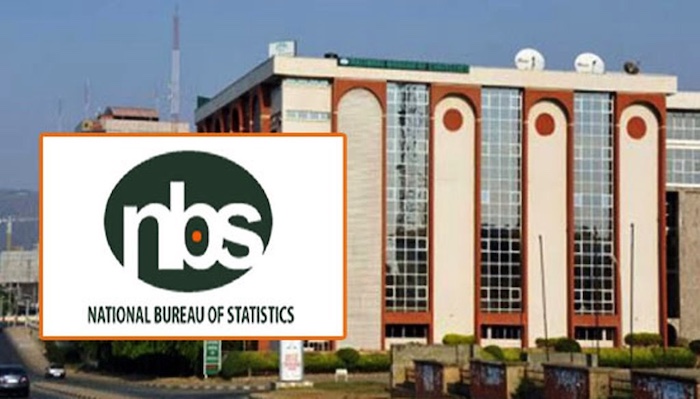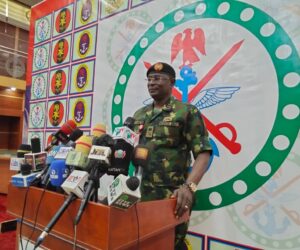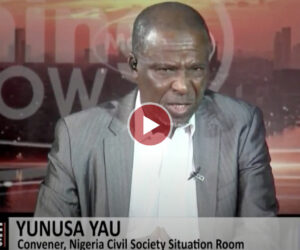Nigeria’s inflation rate has dropped below 20% for the first time in three years, bolstering expectations that the Central Bank of Nigeria (CBN) may consider another interest rate cut when its Monetary Policy Committee (MPC) meets next month.
According to figures released by the National Bureau of Statistics (NBS) on Wednesday, annual inflation eased to 18% in September, down from 20.1% in August. The figure also came in lower than the 19% median estimate from a Bloomberg survey of economists. On a month-on-month basis, consumer prices rose by 0.7%.
The decline was driven by increased crude oil production — which helped stabilise the naira — and a fall in the prices of key staples at the onset of the harvest season.
This marks the sixth consecutive month of disinflation, reinforcing optimism among analysts that the CBN may further ease borrowing costs at its upcoming meeting on November 25. The MPC had, in September, cut the benchmark interest rate by 50 basis points to 27%, marking the first reduction in five years.
At the time, CBN Governor Olayemi Cardoso cited the “lagged effects of previous rate hikes, continued stability in the foreign exchange market, and a decline in gasoline prices” as key factors supporting a sustained downward trend in inflation.
However, the central bank is expected to monitor recent developments closely, including a late-September oil workers’ strike that briefly disrupted production, and operational challenges at the Dangote Refinery, which caused temporary fuel shortages.
Meanwhile, food inflation slowed sharply to 16.9% in September, down from 21.9% the previous month, while core inflation — which excludes volatile items such as food and energy — eased to 19.5% from 20.3%.
Economists say the latest figures indicate that Nigeria’s disinflation trend is gaining traction, offering cautious relief to households and investors amid a gradually stabilising economy.
Melissa Enoch
Follow us on:








